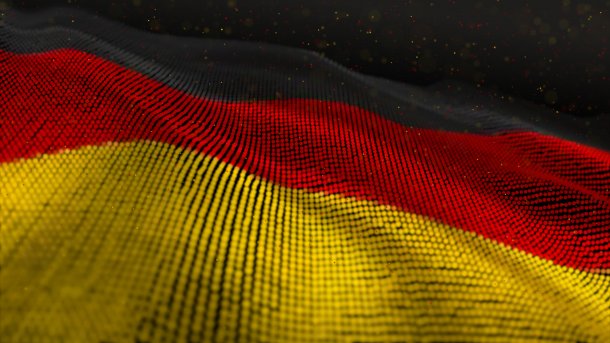Surveillance: German law enforcement used state trojans more frequently in 2022
The number of authorizations has almost doubled: in 2022, courts permitted the hacking of IT devices 109 times, compared to 55 orders in the previous year.

(Bild: muhammadtoqeer/Shutterstock.com)
The trend of investigators secretly interfering in IT systems continues to rise: in 2022, courts granted the police and other law enforcement agencies in Germany permission 109 times to infiltrate IT systems and intercept data with the help of state Trojans, for example. This is according to the new statistics on telecommunications surveillance under Sections 100a and b of the German Code of Criminal Procedure (Strafprozessordnung, StPO) published by the Federal Office of Justice (Bundesamt für Justiz, BfJ) on Thursday. In 2021, "only" 55 relevant orders were issued. This corresponds to almost a doubling within one year.
The new statistics for 2022 on Section 100a StPO now show a total of 94 orders for source telecommunications surveillance (TKÜ) - compared to 35 in the previous year. This measure involves intercepting communications directly on a terminal device before encryption or after decryption.
49 of these were actually carried out, compared to 23 in 2021. The authorities in North Rhine-Westphalia (NRW) alone were responsible for 22 measures, those in Lower Saxony for six and Berlin, Hesse and Mecklenburg-Western Pomerania for four each. The Federal Public Prosecutor General used state Trojans three times. As in previous years, the main reason for the surveillance procedures was the suspicion of an offense under the Narcotics Act.
First figures on the retrieval of usage data from Facebook & Co.
According to the overview of Section 100b of the Code of Criminal Procedure, the number of proceedings in which judges ordered secret online searches fell from ten in the previous year to six. This allows investigators to use state Trojans to inspect hard drives, for example, and not just record ongoing communication. The number of initial and renewal orders for this form of online spying was 15 in 2022, of which a total of seven were actually carried out. In 2021, there were 20 authorizations, nine of which could be implemented. The Federal Public Prosecutor General was responsible for six orders in 2022 and Saxony for four. Seven cases involved the formation of criminal or terrorist organizations.
The figures for measures to monitor telecommunications in accordance with Section 100a of the Code of Criminal Procedure, which also includes the interception of telephone calls without the use of spyware, fell again slightly. In 2022, the courts approved 15,451 orders in 4,981 proceedings. This is 10.3 percent fewer than in 2021.
At the same time, the BfJ published the statistics on the interception of connection and location data in accordance with Section 100g StPO. According to these statistics, a total of 30,182 measures were ordered in 20,553 proceedings nationwide in 2022. Compared to the previous year's data (27,863), this represents an increase of 8.3%. For the first time, the BfJ published figures for 2022 on the retrieval of usage data from telemedia services such as Facebook, WhatsApp, Google or X in accordance with Section 100k StPO. According to these figures, law enforcement officers carried out a total of 111 measures in 94 proceedings across Germany in 2022.
(vbr)